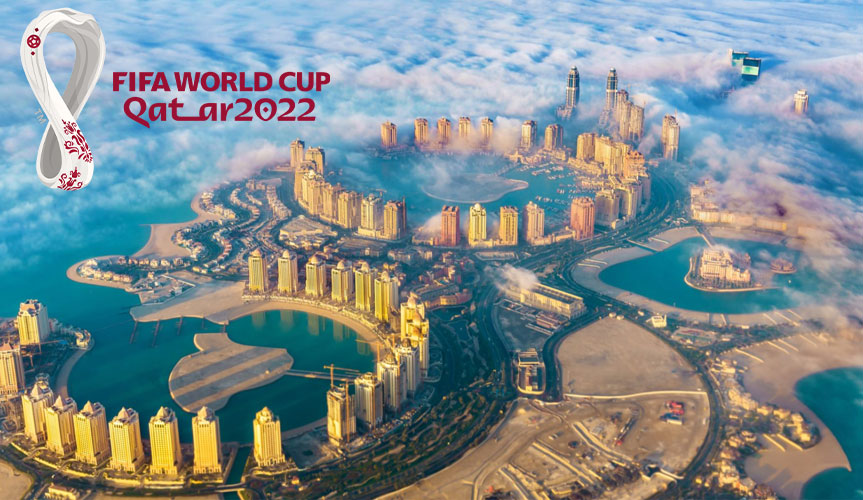Table of Contents
The FIFA World Cup is a gargantuan event, it’s influence stretches across the multiple territories of the globe. It is the top-most international football tournament, participated by thirty-two nations from all of the six continents around the world.
The competition itself was inaugurated in 1930, and ever since its debut, it has changed multiple times throughout its illustrious history. Now that it has existed for nearly a century, with its various editions, the event is clearly unstoppable and it will definitely continue its tradition for a very long time.
Sometimes, it is good to ponder about what the World Cup will look like in the near future. Is it going to face the same challenges that it has now or is it going to improve because of the promise of new technologies? Well, let’s take a look at the possibilities.
Possible Host Nations
One of the defining elements of the FIFA World Cup is the contrasting nature of the privilege and responsibility of being the host nation of the biggest footballing tournament in the world.
Of course, the recognition of being a hosting nation isn’t pulled out of thin air; it undergoes a critical process of selection and bidding to determine which of the nominated countries will be eligible to host the World Cup.
The 2030 World Cup is definitely years away but several nations are now competing for the bidding of being granted the honor of being the host country of the prestigious event.
Among the confirmed bids from UEFA are Portugal, Bulgaria, Serbia, Romania and Greece. The African nation of Morocco was included in the bidding process to represent the CAF.
The CONMEBOL are proposing to FIFA to establish a “Southern Cone” for the bidding, which unites Argentina, Chile, Uruguay and Paraguay into a joint bid.
The purpose of the multi-nation South American bid was to bring back the hosting privileges to Uruguay ahead of the 2030 edition to commemorate the event’s centennial anniversary, considering that the nation is where FIFA World Cup started when they hosted it in 1930.

FIFA World Cup Post-Pandemic
The year 2020 was considered as a catalyst of many changes in the sporting world.
Following the rise of Covid-19 outbreak in Europe at that time, a majority of governments in Europe implemented a mandatory lockdowns and other restrictive measures to curb the infections, including the postponement of sporting events.
The result of these draconian measures were a major revamping of the sporting calendar which caused multiple delays and cancellations of scheduled events.
These shocking changes also put the economy of the world in limbo which has forced many businesses including sports clubs to scrap their budget for the next sporting events.
Analysts have predicted that the future of major sporting events like the World Cup has prompted the sports federations to resort to new and practical solutions to accommodate the decline of fans attending these events.
New Technologies
The pandemic has clearly forced many businesses to reconsider the multiple benefits of contactless technology and the internet.
Mobile and streaming technology has been on the rise during the pandemic period. There is a strong consumption of content on the internet lately, this is why many sporting clubs and leagues are partnering with social media and streaming platforms to strengthen the engagement of fans to sporting events even if they couldn’t travel to watch the game in person.
It is no surprise that the integration of several new technologies to accommodate sporting events could be made possible in the near future.
Final Thoughts
The FIFA World Cup has definitely changed ever since the global pandemic happened. These forced changes could be a key to speed up the improvement of the tournament whether it is on a small-scale or macroscopic level.
The World Cup qualifiers 2022 is ongoing and the current edition will take place in Qatar next year.


